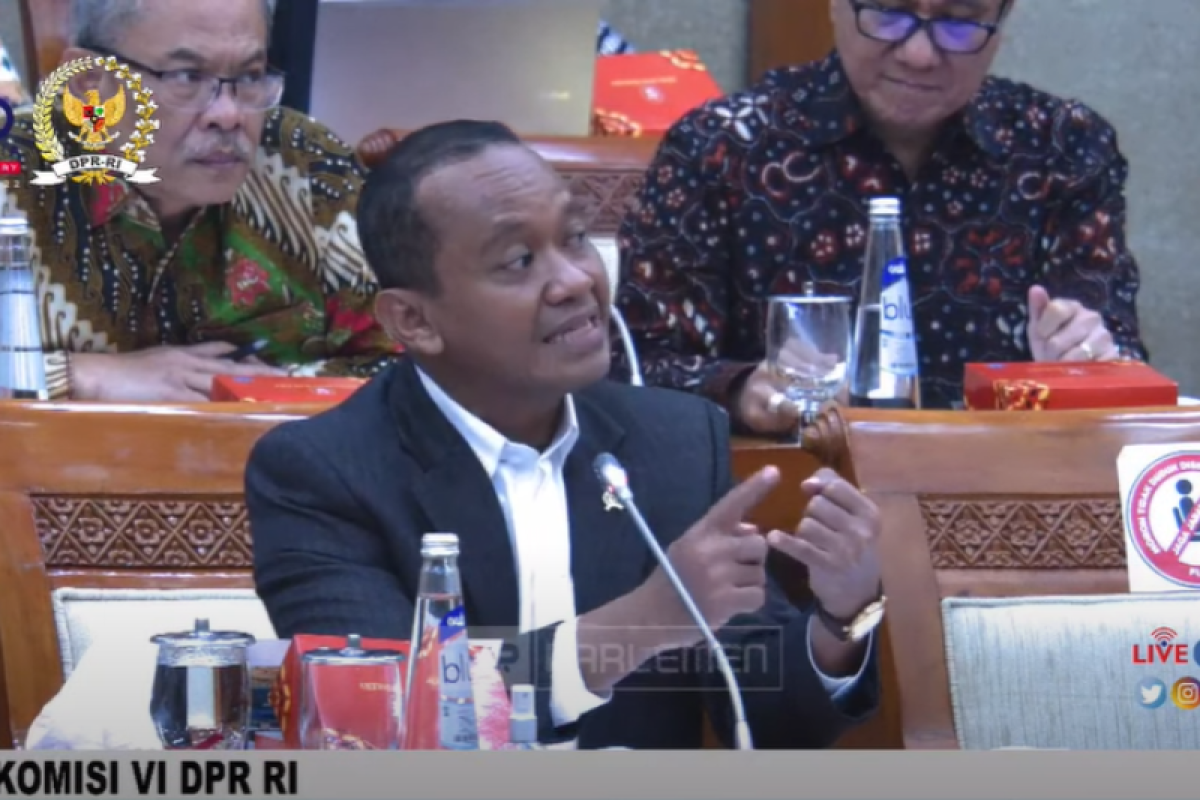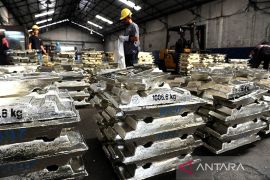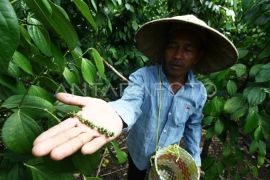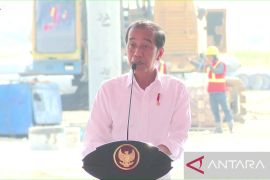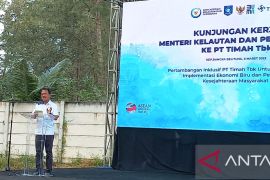We are still arranging/structuring exports, that's why we are urging more and more companies to quickly establish downstreamingJakarta (ANTARA) - Investment Minister Bahlil Lahadalia on Monday outlined some measures to encourage mineral downstreaming, including structuring exports and disbursing investment incentives.
"We are still arranging/structuring exports, that's why we are urging more and more companies to quickly establish downstreaming," he said at a press conference here.
In order to regulate exports, wherein exports of some commodities will be restricted or prohibited, the government will only allow entrepreneurs who already have a smelter to carry out exports, he added.
"The scheme, the first maybe can be, people who can export are entrepreneurs who already have a smelter, or 80 percent have built a smelter. Don't use the method I used to adopt. Back then I said I would build a smelter, but that was actually just my tactic to get an export quota. So, the old methods can no longer be used," he said.
Related news: G20 TIIMM yields concrete results: Trade Minister
The next measure is granting incentives to companies involved in downstreaming in the mining sector. "Including tin. Capex of tin is cheaper than building downstream nickel," the minister added.
He said he understood the aspirations of tin entrepreneurs who have asked that tin downstreaming be carried out gradually. He recalled his earlier stint as a minister, when he stopped nickel exports.
He said that, as a former nickel mining entrepreneur, he understands it would be a big loss if exports are banned. However, he said he has realized that it istime for Indonesia to pursue downstreaming.
Related news: Minister outlines four sustainable investment challenges at G20 TIIMM
"We have to develop downstream. There are many challenges. For one and a half months, people protested against me here, and then the potential for state revenue would disappear, this, or whatever. And that's an entrepreneur. I'm a former head of Hipmi (National Association of Young Businessmen), so I know how to put pressure on the government," he added.
Therefore, the refusal to export tin is reasonable, he said. One of the commodities—tin minerals—whose exports will also be banned from the end of 2022 must still be downstreamed.
Although Indonesia is the world's second-largest tin producer after China, it is still the world's largest tin exporter.
Related news: Bangka Belitung gov't maps out investment potential, opportunities
Related news: Indonesia, Canada discuss trade cooperation
Translator: Ade Irma J, Mecca Yumna
Editor: Fardah Assegaf
Copyright © ANTARA 2022
